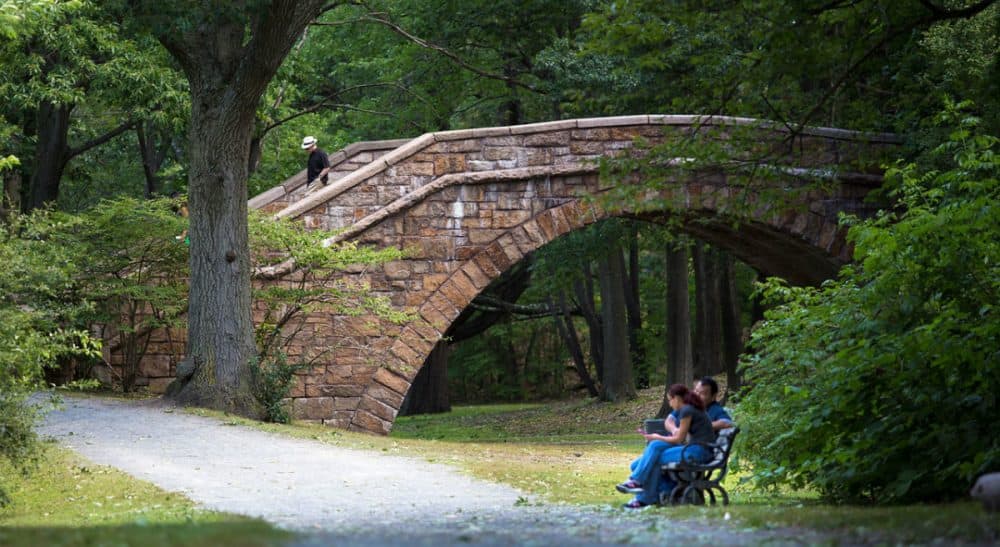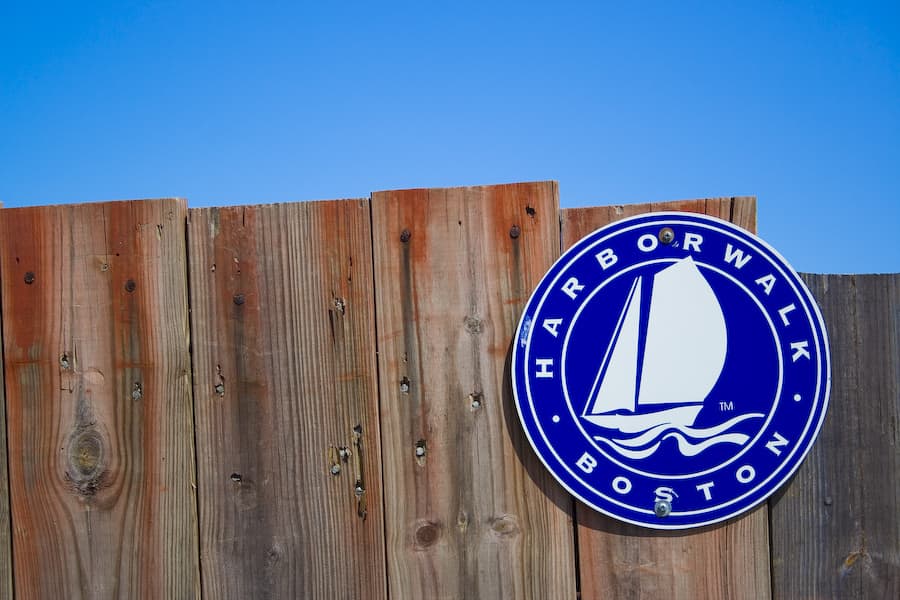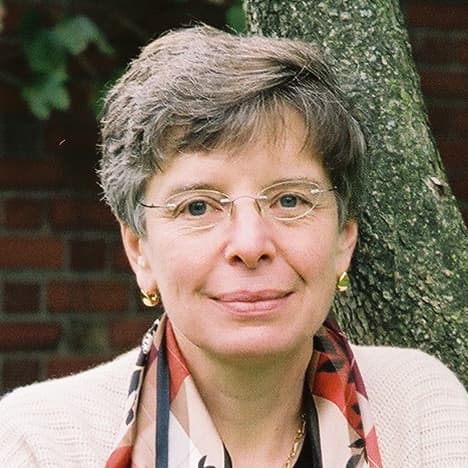Advertisement
The Importance Of Public Spaces In A Fractured World

Oftentimes I think about gratitude. One day not long ago, it poured through me unmediated by thought. I went for a bicycle ride along a stretch of the Boston HarborWalk, and the further I explored, the more I found myself feeling grateful for this grand public space.
I’ve lived around Boston for decades, and yet I felt like I’d found my way to a strange new city set beside a vast shining island-dotted sea. Seagulls sang and fought over clams; cormorants guttered like overloaded seaplanes before they lifted free. And so many different people...
I passed four rumpled, young men, standing, soaking up the first rays of sun as they drained beers. Another young man in skimpy orange running shorts, bare-chested, with a bunch of plastic bottles strapped around his waist trotted doggedly by, an older couple wearing combat helmets that looked suited for the trenches, paused in their cycling, and stood laughing, sharing a private joke. Five industrious middle-aged South Asian women in brimmed hats picked their way through the rocks and mud, filling plastic shopping bags with something — but what? Mussels? Seaweed? I couldn’t tell. Several older Haitian men were setting up to fish for stripers in the rising tide. Near UMass, young runners made their way briskly; and further into South Boston, graying men and women, some proudly emblazoned with “L” Street shirts, jogged more fitfully.
It wasn’t enough for a democracy just to be about laws. For the United States to flourish, citizens needed to mingle together as equals.
At first I couldn’t understand the source of my feeling. Yes, I was outside on a sunny day; yes I was getting stirring glimpses of nature; and yes, I was seeing people enjoying the open space in their own fashions. But why such lifted spirits?
Only later, after reading about Frederick Law Olmsted, the designer of many gorgeous public spaces including Boston’s Emerald Necklace, and New York’s Central Park, did I grasp the source of my feeling. Even though Olmsted did not design HarborWalk, I have no doubt his was its guiding spirit.
Olmsted believed in making parks that belonged to all the people, and that, by providing a place of experience among equals, good public spaces helped make democracy stronger. After touring through, and reporting about, the slave-bound south in the 1850s, and feeling deeply disgusted by all the cruelty and contrived hierarchy he saw, he became interested in creating what he called, “a democratic condition of society.”

It wasn’t enough for a democracy just to be about laws. For the United States to flourish, citizens needed to mingle together as equals. So Olmsted set out to design urban environments that embodied, enhanced and expanded our democratic experiences.
In his parks, Olmsted wanted the poorest visitors and the richest to have the same sense of belonging. He envisioned the newest immigrant and the oldest Mayflower descendant standing beside each other, peacefully taking in the view. For Olmsted, public space was where very different people intermingled, where they watched each other, and — by extrapolation — where they enjoyed a sense of shared community, familiarity and common ground.
Democracy is dynamic, constantly changing and continually tempered by how we collectively participate in it; and, it turns out, it is profoundly impacted by how well we mix with each other.
For much of the 20th century, everything from public schools, the draft, cheap bleacher seats to movie theaters, economically mixed neighborhoods and much more, kept us knowing each other well enough.
If we don’t rub shoulders and laugh together, argue about scores and look each other over up close, how will we ever feel a part of one nation?
But over the past 40 years, diverse changes — “privatization” of many sorts and the resulting weakening of public institutions, the demise of ward politics, the proliferation of gated communities and their like, the rise of home entertainment, the earning gap, the disproportionate growth of corporate power — all these, and more — have created more isolation, and more xenophobia. Together, these trends have badly battered our sense of common cause, and of democracy.
We need to get to know each other again. We need substantive political changes. And where space is concerned, we need fewer McMansions each with its own basketball court, pool and bowling lanes, and many more public parks in which anyone can shoot hoops, play bocce, wade in fountains and mingle. If we don’t rub shoulders and laugh together, argue about scores and look each other over up close, how will we ever feel a part of one nation? How will we ever remember how to compromise on competing interests?
Later, on my way home I saw a fellow who looked homeless sleeping, wrapped in a blanket, on the beach. I take my memory of him now as a gentle reminder that this land should belong to you and me; and that it’s past time to nudge it once again toward the better angels of its democratic nature.
